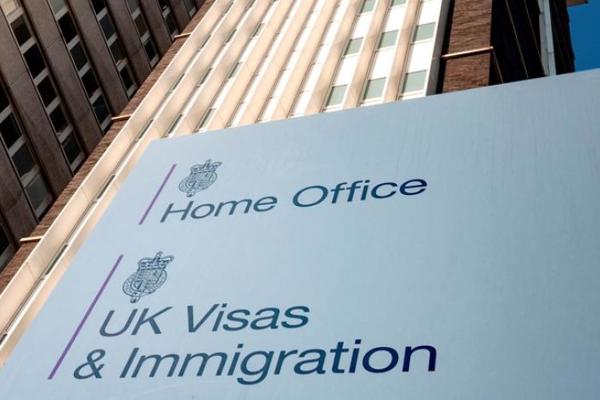Who is a "skilled worker", and who isn't, is an important consideration for immigration lawyers and businesses looking to recruit from overseas as the Points Based Immigration System will only allow for these type of workers to be recruited using work visas. Despite the terminology, there are some important points to consider.
1. Who is a "skilled worker"?
A "skilled worker", for immigration purposes, is someone who is working in a job that is considered to be sufficiently skilled to qualify for a Tier 2 visa. At the moment, that means a job that is skilled to bachelor's degree level or above (NQF Level 6).
When the new Points Based Immigration System is introduced, the required skill level will be reduced to NQF Level 3, which is the equivalent of an English A level or a Scottish Higher qualification. This will open up the new "Skilled Worker Visa" to a range of new applicants as roles such as Nursing Home managers, IT technicians and insolvency administrators will be eligible for work visas.
2. Whether someone is a "skilled worker" isn't determined by their qualifications
Although someone needs to be a "skilled worker" to qualify for a visa, the actual assessment of skill has very little to do with the person themselves. Instead, it's all about what they will be doing on a day to day basis. Essentially, a "skilled worker" is someone who is doing a job which is considered to require a particular level of skill and the individual's qualification don't matter.
For example, I have a law degree and a postgraduate diploma, but if I was to start a job stacking shelves I wouldn't meet the Home Office definition of a "skilled worker". Whereas someone without any formal qualifications, who is working as a software engineer, would be considered to meet the definition.
3. Skilled work also isn't defined by job title
It doesn't make a difference what job title a person has, the classification is based on their day to day activities. This has been a common issue under the Tier 2 system as the Home Office have suggested some inaccurate titles have been used to allow workers to obtain visas when the day to day activities aren't sufficiently skilled.
4. Who sets the definition of "skilled worker", and what is it?
The Home Office set the level of skill required for a role to be defined as skilled, but they don't decide whether an individual job is skilled or not. Instead, they rely on the Standard Occupational Classification system or SOC codes.
There has already been debate regarding whether the new immigration system contains an appropriate skill level to meet the UK's needs, as many of the roles we've come to think of as "key" in recent months are not considered suitably "skilled" to qualify for a visa. As the UK seeks to recover from the economic downturn caused by the Coronavirus, it will be interesting to see if the visa category is opened up to a wider range of applicants as time progresses.
If you are an employer trying to work out if a potential recruit qualifies for a visa, and struggling to understand the SOC code system, please get in touch to find out how we can help.


